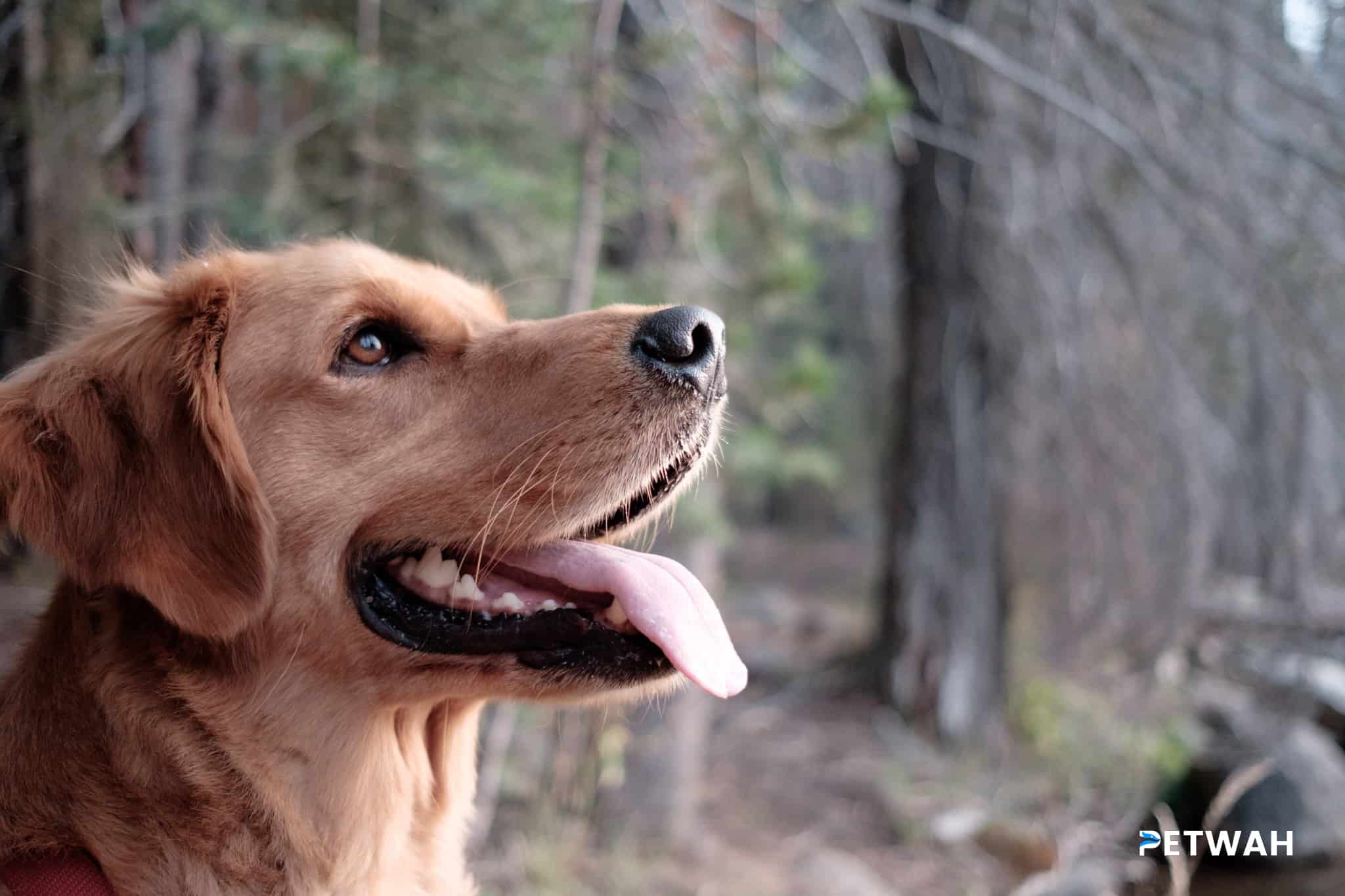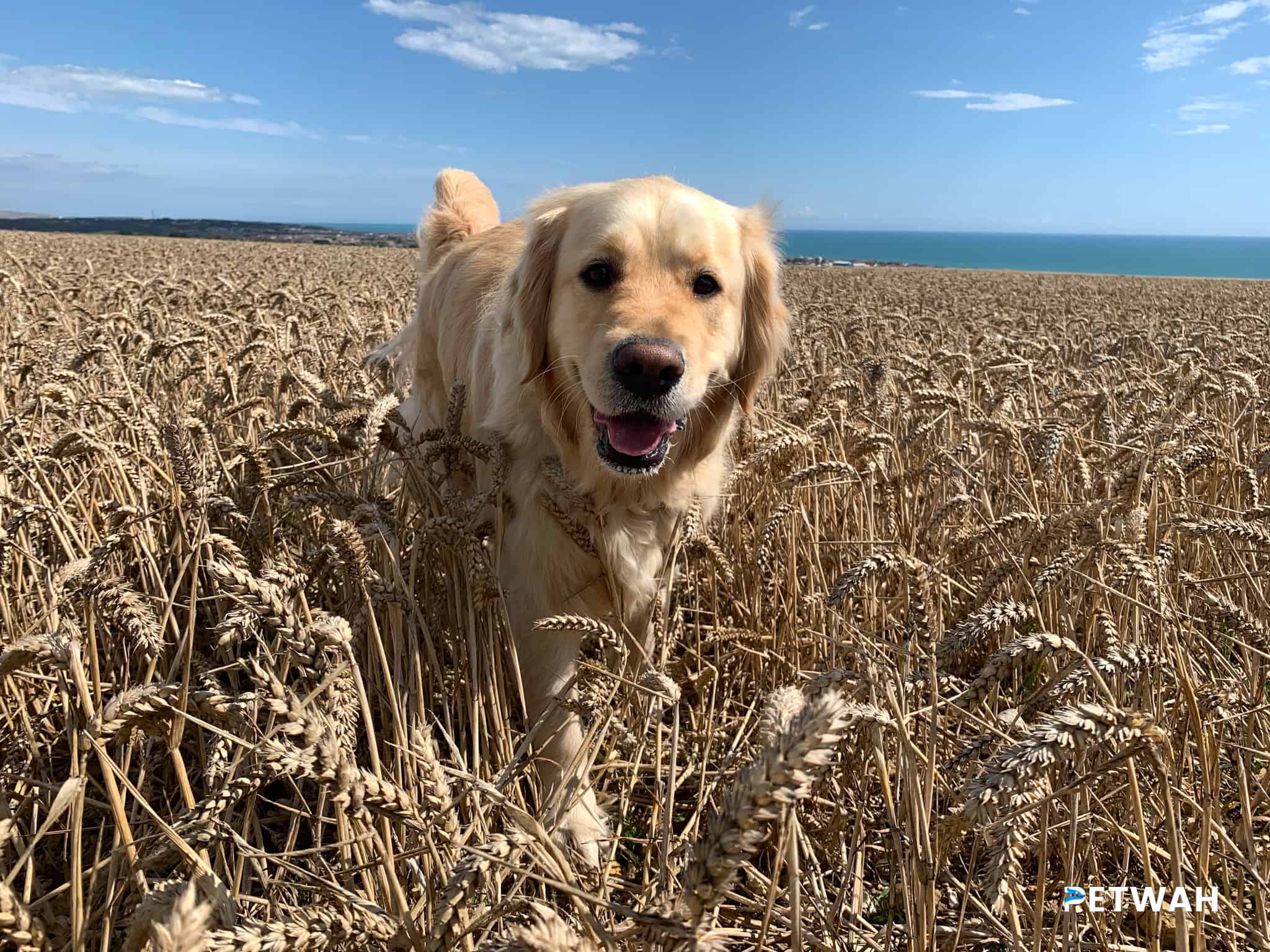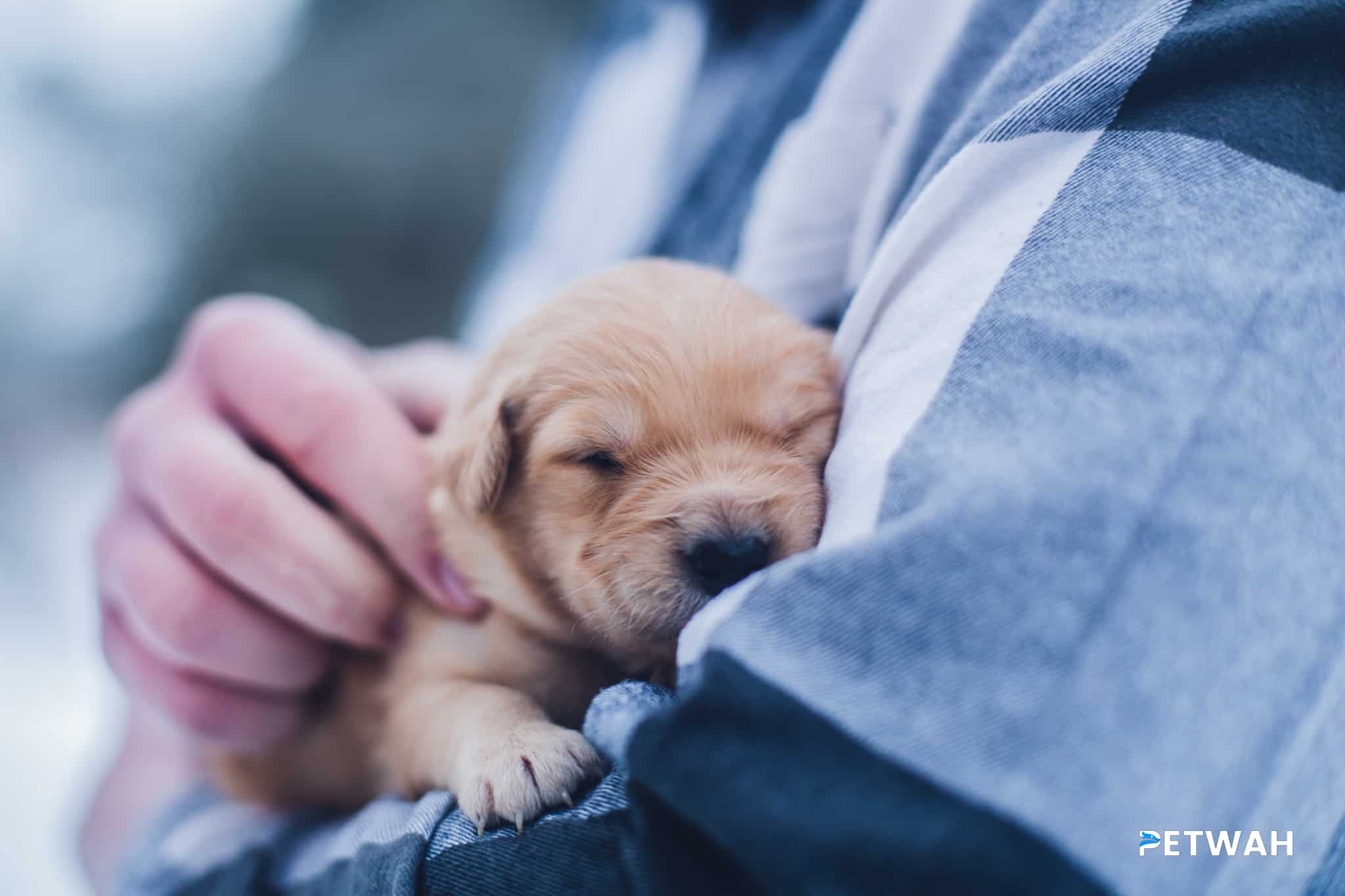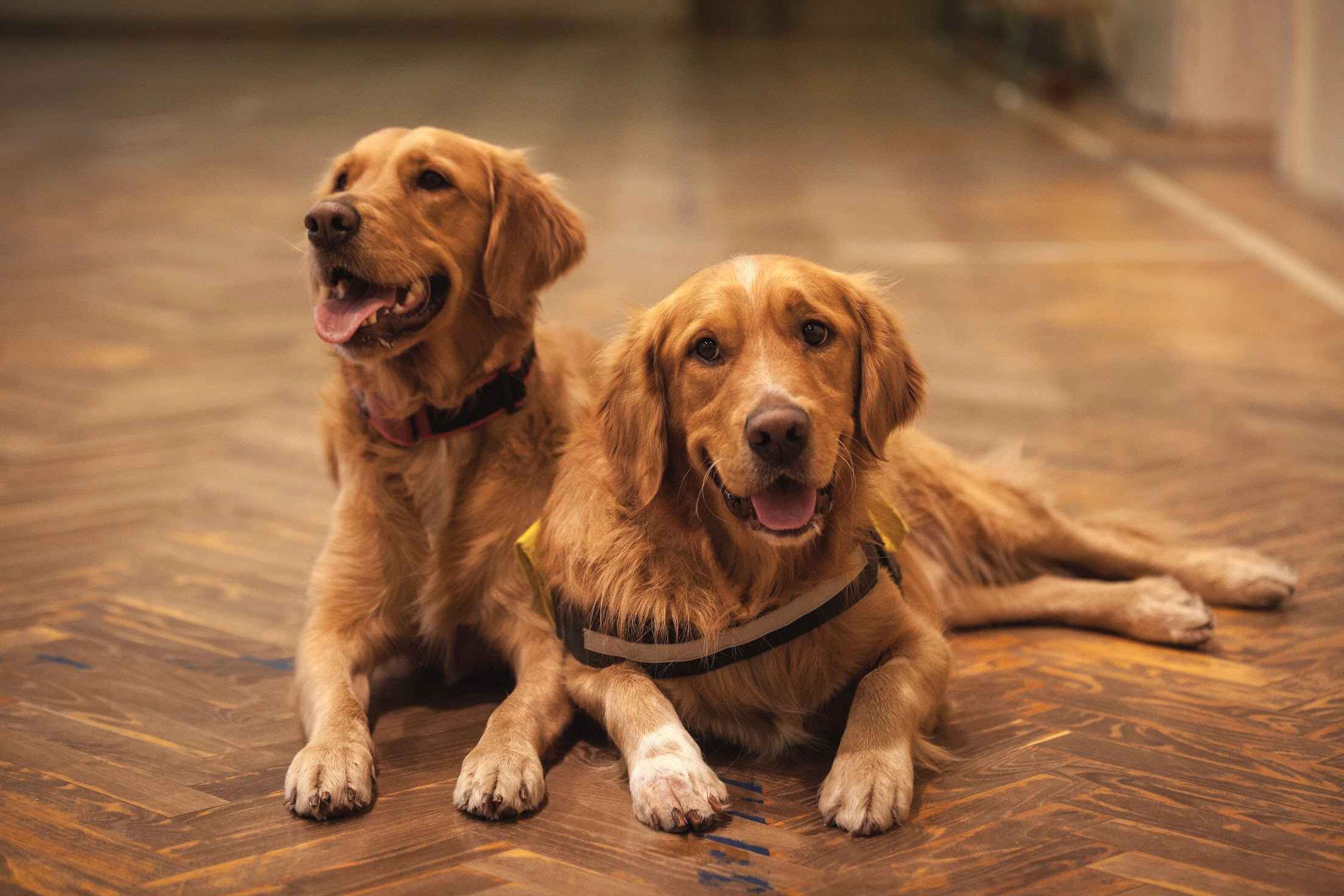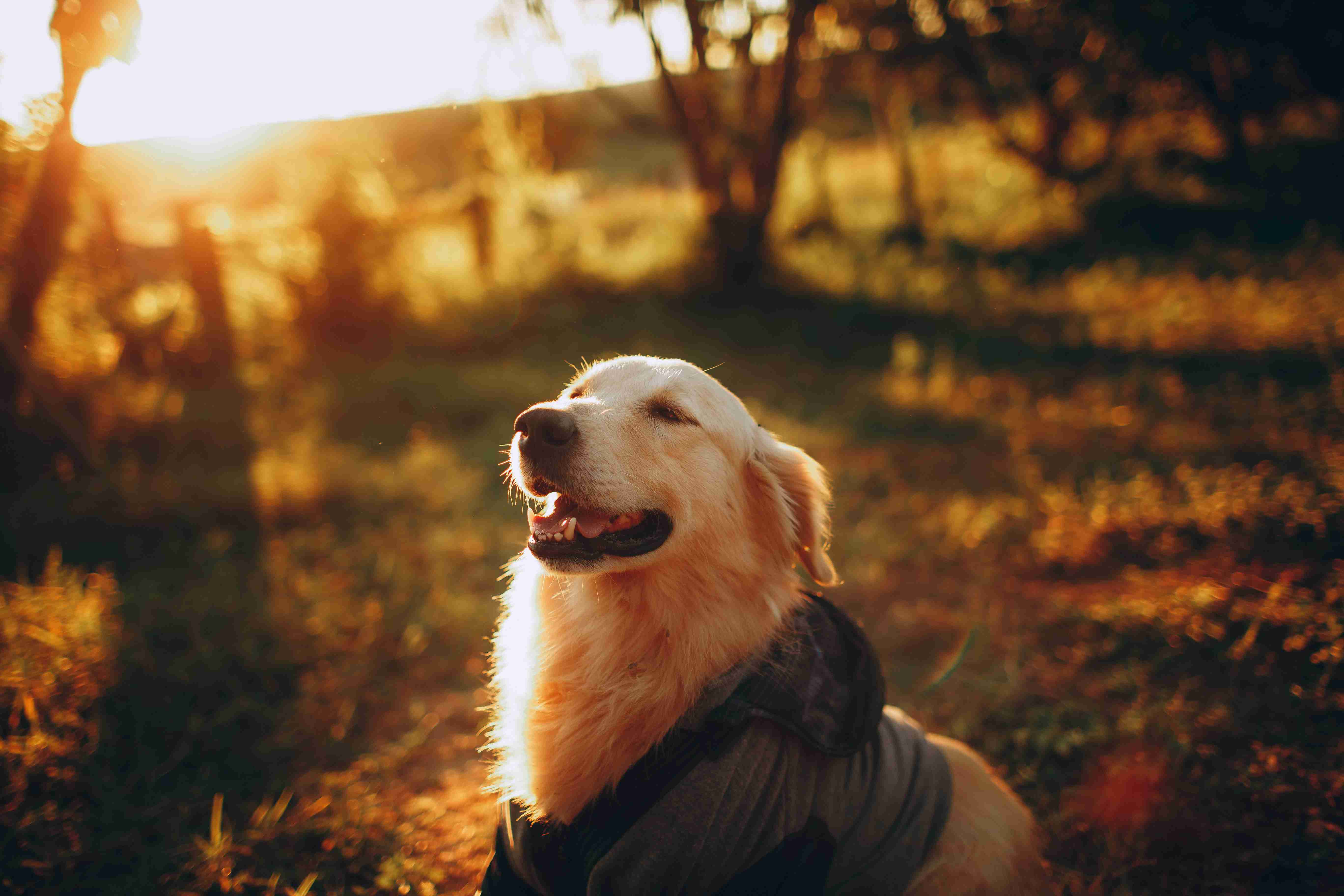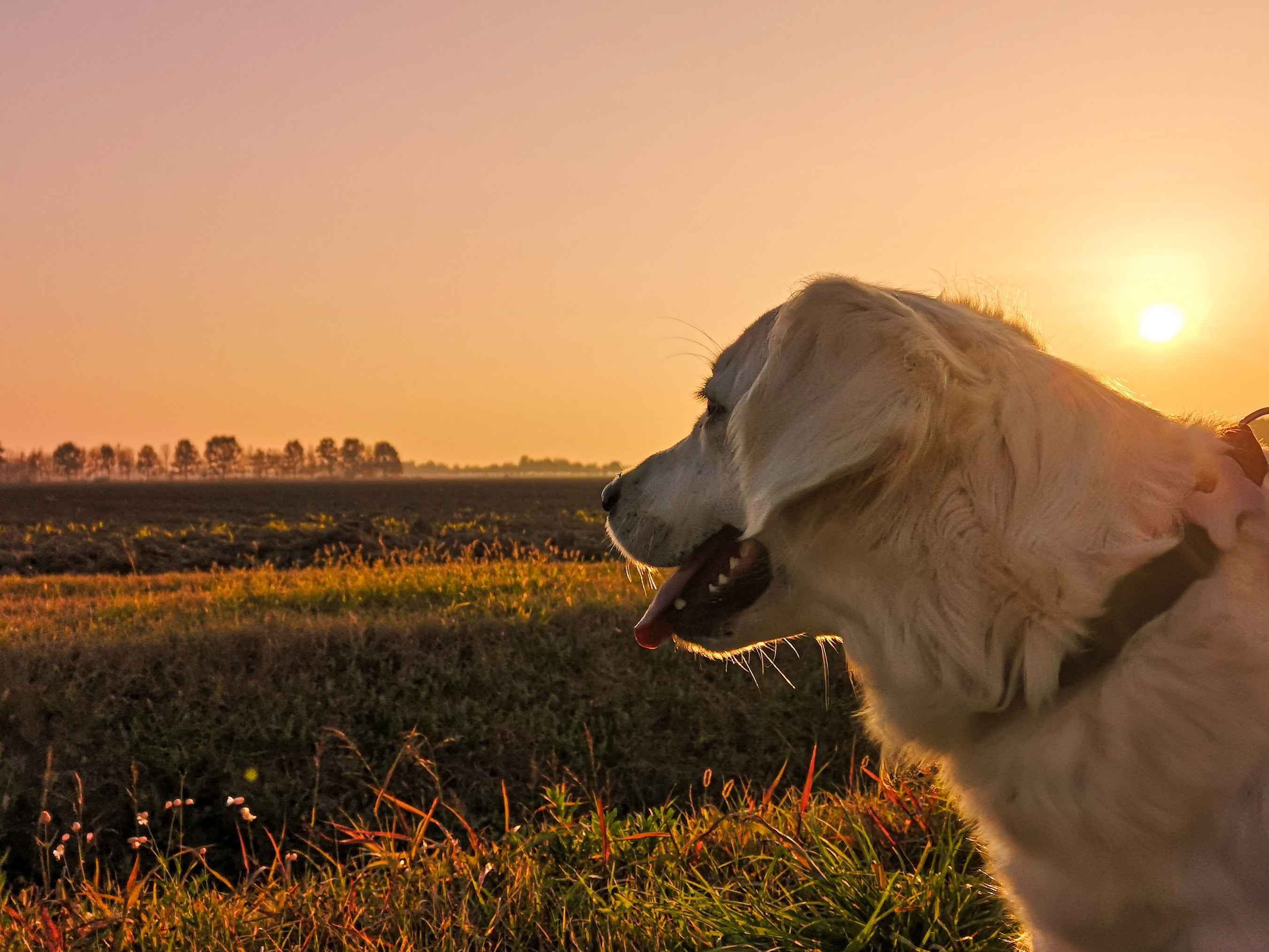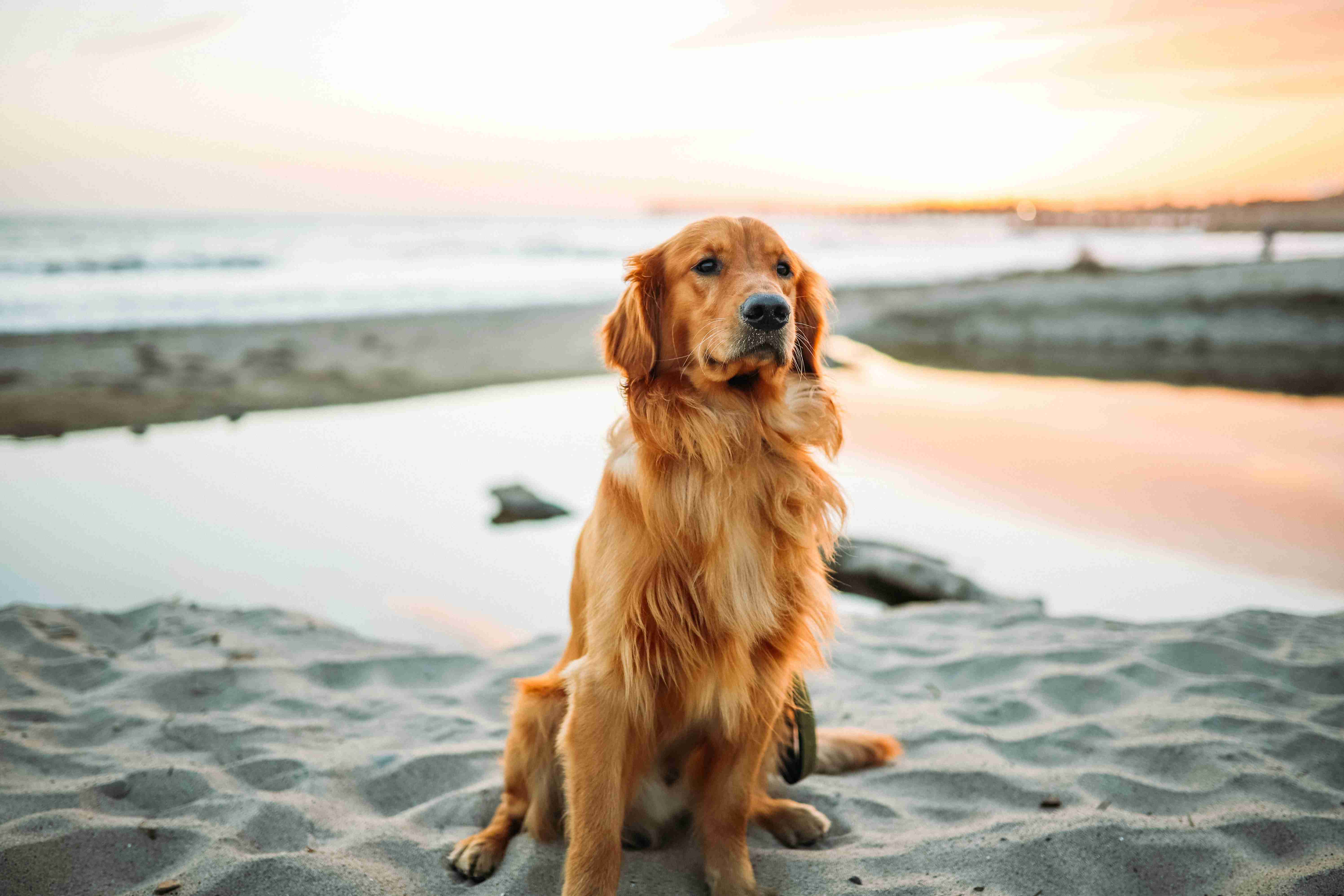If a wife and husband own a golden retriever, it’s natural to wonder whose side the dog will pick in case of a fight. Dogs are known for their loyalty and ability to sense emotions, so it’s not surprising that they often become involved in family dynamics. In this blog post, we will explore this intriguing question and delve into the complexities of canine loyalty.
Understanding Canine Loyalty in Family Dynamics
Dogs have been humans’ companions for thousands of years, and their loyalty is renowned. They form strong bonds with their owners and become a part of the family. Golden retrievers, in particular, are known for their friendly and amiable nature, making them ideal family pets.
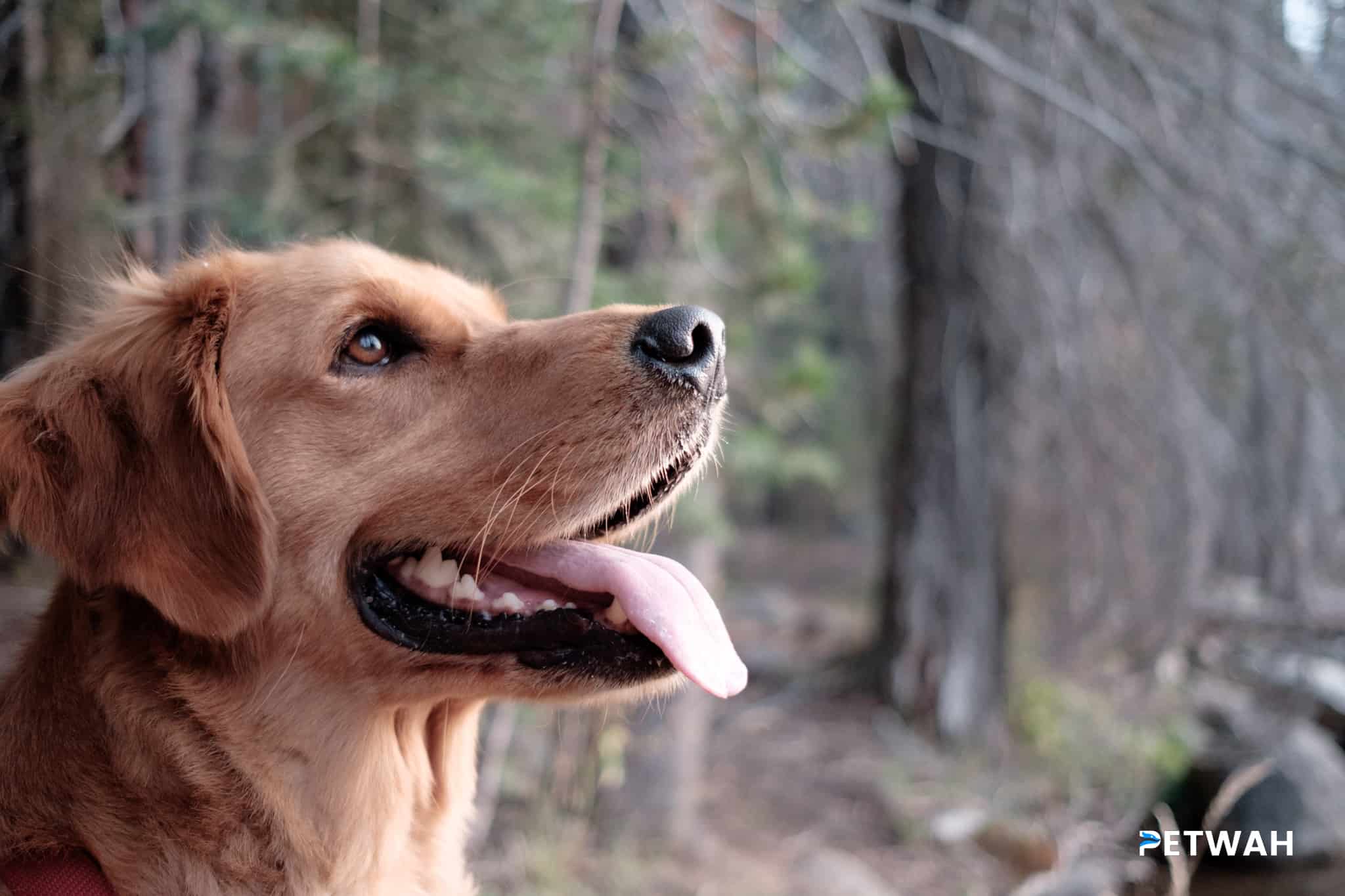
However, when it comes to taking sides in a conflict between their owners, dogs typically do not make a conscious choice. Instead, they may display behaviors that reflect their inherent loyalty and desire for harmony. Here’s a closer look at the factors that may influence a dog’s behavior in such situations:
- Emotional Sensitivity: Dogs are highly perceptive animals. They can sense tension, anger, sadness, or other emotions in their owners. During a conflict, a dog’s behavior may vary depending on who appears more distressed or upset.
-
Bonding and Attachment: Dogs form deep attachments with their human family members. If both the wife and husband have individually established strong bonds with the dog, it might become torn between them. In such cases, the dog may display adaptive behaviors to reconcile the conflict.
-
Training and Socialization: Proper training and socialization play a crucial role in a dog’s behavior. A well-trained golden retriever is more likely to respond to commands and exhibit calmer behavior during a conflict. Socialization with both spouses can also help the dog remain neutral and balanced.
-
Consistency and Routine: Dogs thrive on consistency and routine. If there is a sudden change or disruption in their daily routines due to a conflict, it can cause stress and confusion for the dog. This might impact their behavior and responses to the situation.
-
Individual Dog Personality: Each dog is unique and has its own personality traits. Some dogs may naturally gravitate towards one person in the family, while others may be more impartial. An understanding of the dog’s personality can help navigate these situations more effectively.
Quotes:
- According to dog behavior expert Dr. Patricia McConnell, “Dogs are incredibly skilled at reading human body language and emotions, so it’s no surprise that they become involved in family dynamics.”
- Dog trainer Cesar Millan advises, “During times of conflict, it’s important to provide structure and predictability for the dog. Keep their routines as consistent as possible to minimize stress.”
Conclusion:
While it may be tempting to speculate whose side a dog will pick in a fight between owners, it’s essential to remember that dogs prioritize harmony and the well-being of their human pack. Rather than expecting dogs to choose sides, it is our responsibility as owners to create an environment that fosters love, respect, and open communication in our relationships. Understanding our pets’ needs and providing a stable, consistent, and loving home is key to maintaining harmonious family dynamics.
FAQs:
- Can a dog sense conflict between its owners?
Yes, dogs are highly perceptive and can sense conflict or tension between their owners. They are skilled at reading human body language and emotions, which can influence their behavior. -
Will a dog pick a side in a fight between its owners?
Dogs do not typically pick sides in a conflict between their owners. Instead, they may exhibit behaviors that reflect their loyalty and desire for harmony. -
How can I prevent conflicts from affecting my dog?
To prevent conflicts from affecting your dog, it’s important to maintain a stable and loving environment. Provide consistent routines and training, avoid exposing your dog to arguments, and prioritize their emotional well-being. -
Can training help my dog stay neutral during conflicts?
Yes, training plays a crucial role in a dog’s behavior. Consistent training can help your dog respond to commands and remain calm during conflicts. -
What should I do if my dog becomes anxious during conflicts?
If your dog becomes anxious during conflicts, it’s important to create a safe space for them. Provide comfort, engage in calming activities, and consult a professional dog trainer or behaviorist if needed.
Call-to-Action:
For expert guidance on training, socialization, and understanding your dog’s behavior, visit PetWah. Their team of experienced professionals can help you navigate conflicts, strengthen your bond with your pet, and create a harmonious home environment. Visit petwah.com today!
Please follow us on Social Media


